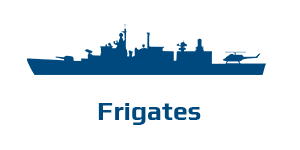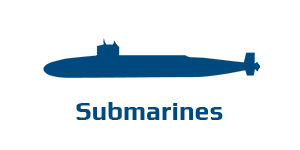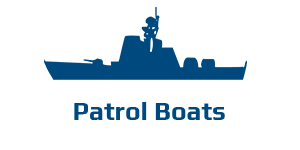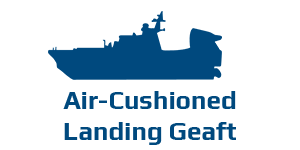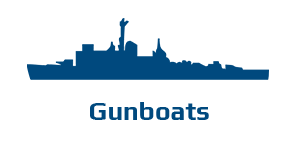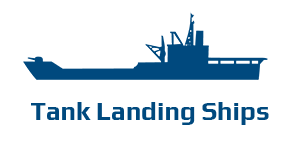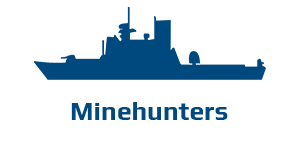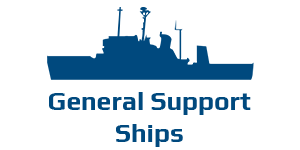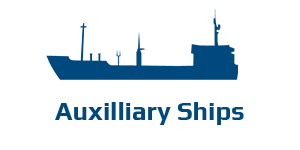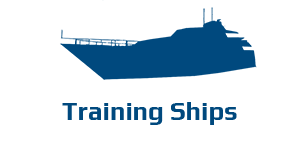Aegean Naval Command
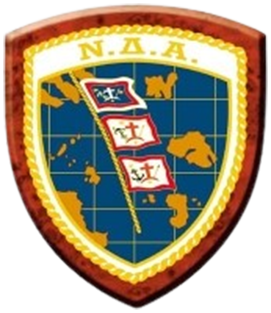
Crest
The Aegean Naval Command Crest depicts:
a. A cartographical depiction of the Central Aegean Sea including the islands of Lemnos, Lesvos and Chios. This is the area of responsibility/jurisdiction of the Aegean Naval Command with respect to surveillance, command and littoral waters defense responsibilities.
b. The historical flags of Hydra, Spetses and Psara islands, all of which participated dynamically in the Greek Revolution of 1821 and in the Nation’s liberation struggle.
History
The ‘Hellenic Naval Command’ institution dates back from the second decade of the 20th century, when the effort for organizing the nation’s littoral defense force began.
Specifically, in 1926, with the Presidential decree “Organization of Naval defense”, the coastal areas were assigned and divided into Naval Defense Areas (N.D.A).
The Hellenic Maritime Ministry published a circular in November 1935, with which the Littoral Waters Defense Supreme Command was established, and within her remit encompassed the following 6 Naval Defense Areas (N.D.A s):
a. Western Greece (N.D.A 1), with Headquarters at Patras.
b. Crete (N.D.A 2), with Headquarters at Chania.
c. Southern Aegean (N.D.A 3) with Headquarters at Piraeus.
d. Euboea (N.D.A 4), with Headquarters at Chalkida.
e. Nothern Aegean (N.D.A 5), with Headquarters at Thesalloniki.
f. Eastern Aegean Islands (N.D.A 6), with Headquarters at Chios Island.
Right after the Second World War, the aforementioned N.D.A’s were merged into a total of 3 Naval Commands:
a. Southern Aegean Naval Command, with Headquarters at Piraeus.
b. Northern Aegean Naval Command, with Headquarters at Thessaloniki.
c. Western Hellenic Naval Command with Headquarters at Patras.
Initially, the Aegean Naval Command was established in Alexandria in accordance with the implementation of the Allied plan “MANNA”, and was named “Southern Aegean Naval Command”. She was later relocated onboard the Battleship AVEROF in Piraeus.
Until the Command’s final and current location at Chatzikyriakio, Piraeus in August of 1951, the Aegean Naval Command was also at times headquartered at the following ships and buildings:
a. Battleship AVEROF (Piraeus). (10/08/44 – 28/10/44)
b. Mansion ‘VATI’ at Tzelepi coast. (28/10/44 – 28/01/45)
c. Piraeus Town Hall. (25/01/45 – 15/03/49)
d. LCT ‘PINIOS’ (Piraeus). (15/03/49 – 01/08/51)
Since March of 2022 the Naval Command of Northern Greece and the Hellenic Navy Command Ionian were abolished and incorporated in the Aegean Naval Command as North Hellenic Naval Station and Ionian Naval Station respectively.
Mission
The Aegean Naval Command’s mission is to act according to the jurisdiction limit, of orders and directions of the Hellenic Navy General Staff (HNGS) and of the Hellenic Fleet Headquarters enforcing their policy regarding organization, command, equipment repair and maintenance and generally promoting and preparing all subordinate Naval Stations to be fully operational at war, implementing maritime surveillance and awareness, requisitioning of Merchant Vessels, controlling fishing vessels, Civil and Industrial mobilization/requisitioning, representation of the Hellenic Navy, providing Harbor amenities and logistics support to Naval ships, assisting to enforcement of littoral waters defense, including Search and Rescue (SAR) Missions, and coordinating the activities and tasks of the local military, harbor and other governmental authorities for all the aforementioned tasks
In order to
ensure the ability of undertaking tasks during peace and war time, which derive from the mission of the Hellenic Fleet Headquarters and from the effective planning of the Hellenic Navy.
Organization
The Aegean Naval Command is subordinate to the Hellenic Fleet Command, is fallen under the Administrative Command of the Chief of the Hellenic Navy General Staff and of the Operational Control of the Chief of the Hellenic Fleet Headquarters. The Chief of the Hellenic National Defense General Staff (HNDGS) exerts the Operational Command via the Chief of the Hellenic Navy General Staff.
The organizational chart of the Aegean Naval Command is depicted below:
The subordinate Units included in the Aegean Naval Command are the following Naval Stations (Naval station of Northern Greece, Naval Station of Crete, Naval station of Kos, Naval Station of Corfu, Ionian Naval Station, Naval Station of Lemnos, Naval Station of Samothraki, Naval Station of Chios, Naval Station of Rhodes, Naval Station of Lesvos, Naval Station of Samos and Naval Station of Skyros), also including several Naval Observatories situated at the corresponding Islands, and two Guided Missile Arrays.
The Aegean Naval Command has the military control of the Battleship AVEROF, the Museum in memory of the anti-dictatorship protest (Destroyer VELOS), the Sailing Boat E. EVGENIDIS, the Piraeus Naval Court, the Piraeus Naval Hospital and the Supreme Naval Medical Commission, while is also assisting the Hellenic Navy Personnel stationed at the Hellenic Ministry of Shipping, Maritime affairs & the Aegean /Joined Rescue Coordination Center (JRCC) of Piraeus, regarding financial issues.

